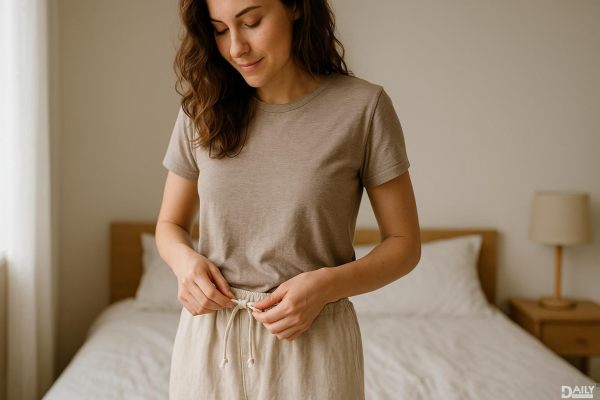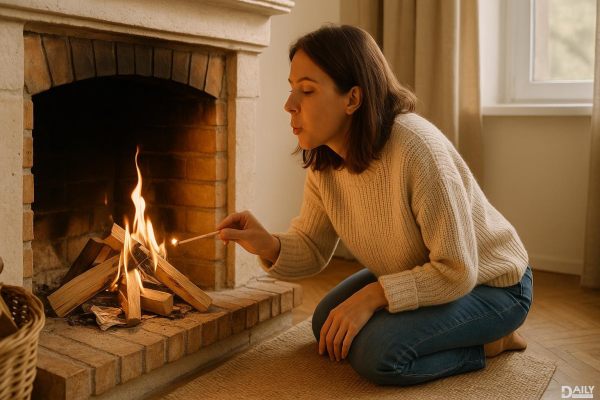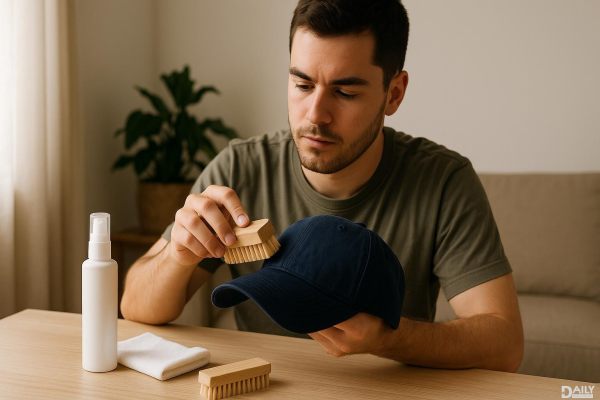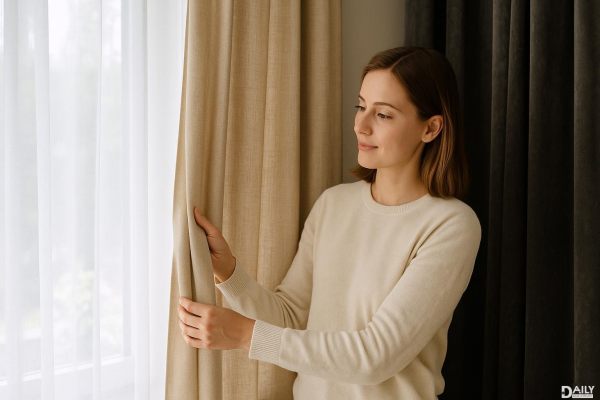Waking up without my phone was, at first, a bizarre and slightly unsettling experience. That first morning, I instinctively reached for my phone the second my eyes fluttered open—only to remember it wasn’t there. The silence was deafening. No notifications, no mindless scrolling, no immediate dopamine hit from checking social media. Just me, my groggy thoughts, and the quiet hum of my ceiling fan. It felt like I’d been thrown back into the 90s, forced to confront the raw, unfiltered reality of morning without digital distractions. But here’s the kicker: after the initial disorientation, something unexpected happened. I actually got out of bed faster.
The Science Behind Phone-Free Mornings
Turns out, there’s a reason experts push for keeping devices out of the bedroom. Our brains are wired to associate certain cues with wakefulness or sleepiness—a concept called "conditioned arousal." When your phone is the first thing you interact with in the morning, you’re training your brain to link waking up with stimulation (emails, texts, news, etc.), which can make the transition from sleep to alertness feel more jarring. Without that crutch, your body relies on natural cues like light and movement to wake up, which tends to feel smoother and less stressful. Plus, the blue light from screens suppresses melatonin, the hormone that regulates sleep, so keeping your phone away at night helps you fall asleep faster and sleep more deeply. Who knew?
The First Three Days: Withdrawal Symptoms Are Real
the adjustment period was rough. Day one felt like I’d lost a limb. My fingers twitched with the phantom urge to scroll. I caught myself wondering, What if someone tweeted something vital at 3 AM? (Spoiler: no one did.) By day two, the FOMO faded slightly, but I still had this nagging itch to check my phone immediately after waking. I resisted, sticking to my shower-first rule, and noticed something weird: my mornings felt longer. Without losing 20 minutes to Instagram, I had time to make coffee, eat breakfast, and even—gasp—read a few pages of a book. By day three, the compulsive urge dulled, replaced by a strange sense of calm. My brain was detoxing.
The Middle Stretch: Discovering the Joy of Boredom
Here’s the plot twist: boredom became my secret weapon. Without my phone to numb the transition from sleep to wakefulness, my brain had no choice but to engage with the world around me. I noticed the way sunlight crept across my bedroom walls. I paid attention to how my body felt—whether I was actually rested or just dragging myself through the motions. I even started journaling for five minutes each morning, scribbling down half-asleep thoughts that would’ve otherwise been lost to Twitter doomscrolling. Boredom, it turns out, is a creativity catalyst. Who would’ve thought?
The Final Days: A New Relationship with Time
By the end of the week, my mornings had transformed. Waking up no longer felt like a battle against my own exhaustion. Instead of slapping my alarm and diving into a digital rabbit hole, I’d stretch, take a deep breath, and actually think about my day before reacting to it. My sleep quality improved, too—I woke up fewer times during the night, probably because my brain wasn’t subconsciously waiting for a notification to buzz. The biggest shock? I didn’t miss my phone. At all. The world kept spinning without my constant surveillance, and my stress levels dropped accordingly.
Life After the Experiment: Is It Sustainable?
Now, full disclosure: I didn’t become a monk. Some mornings, I still cave and check my phone earlier than I should. But the experiment rewired my habits enough that I notice when I’m slipping back into old patterns. Most days, my phone stays in the living room overnight, and my mornings feel more intentional because of it. If you’re a chronic snoozer or a fellow screen zombie, try it—even for just a few days. You might find, like I did, that the hardest part isn’t living without your phone. It’s realizing how much it was living for you.
So, here’s the takeaway: your phone isn’t the villain, but it’s definitely not the hero of your morning routine either. Giving yourself space from it—even just a few precious, quiet minutes after waking—can shift your entire relationship with time, energy, and how you start your day. And honestly? That’s worth more than any overnight Twitter update.
























